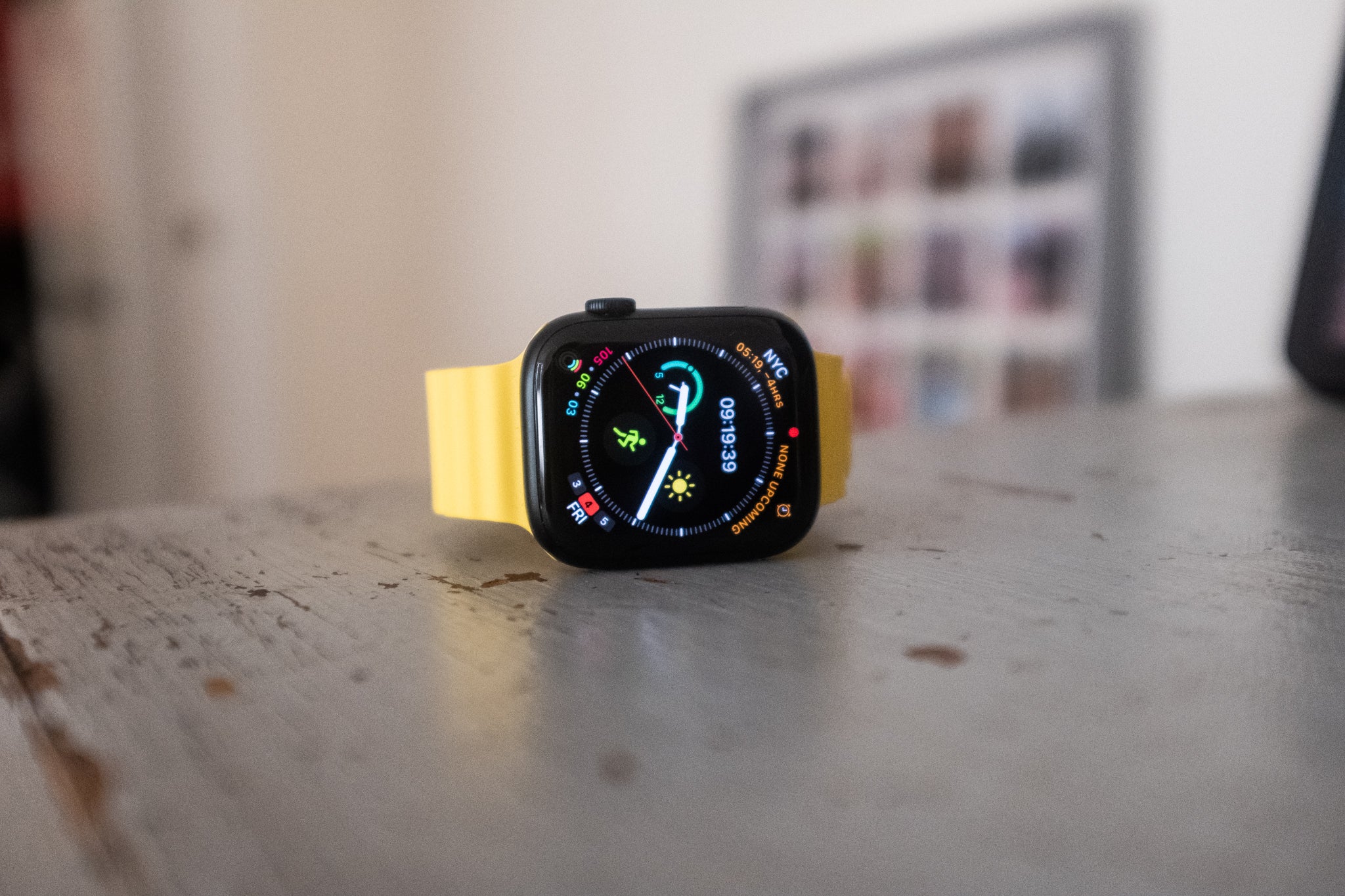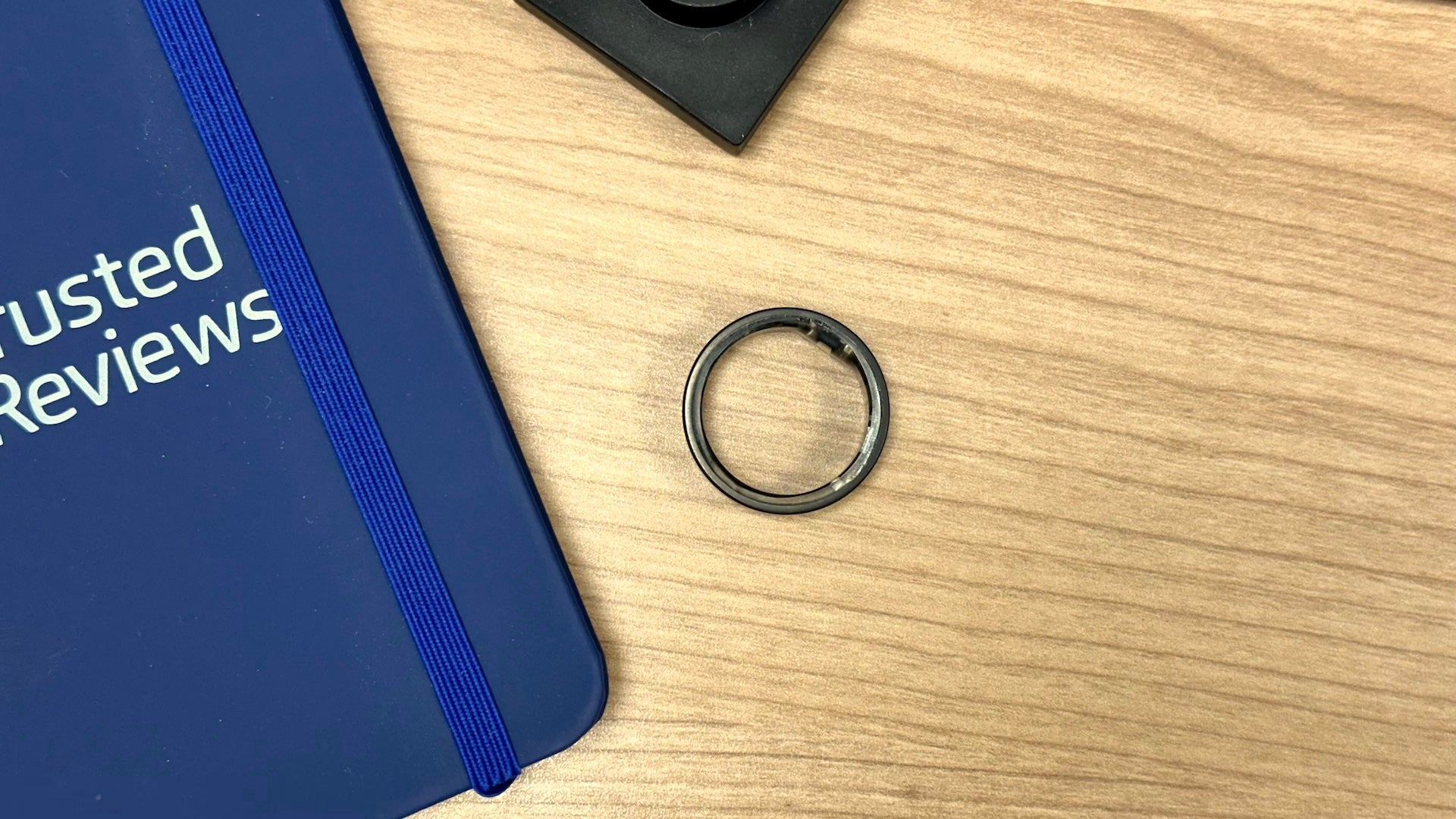Is Your Fitness Tracker Telling The Truth?
Are you relying on your fitness tracker to tell you how healthy you really are? It may be giving you skewed data. Today, we’ll look into how to tell if your fitness tracker is giving you accurate readings and how to make sense of it all. Read on to find out if your fitness tracker is telling the truth.
List of Content
- 1.What Can Your Fitness Tracker Really Tell You?
- 2.Understanding the Capabilities of Your Tracker
- 3.Does It Track Your Calorie Burn Accurately?
- 4.How Accurate is Your Heart Rate Monitor?
- 5.What Activities Do Fitness Trackers Not Track Well?
- 6.What Are The Benefits of Fitness Tracking, Accuracy or Otherwise?
- You Ask, I answer

1.What Can Your Fitness Tracker Really Tell You?
Fitness trackers have been growing in popularity for their convenience and ability to help you keep track of your health. But how much can they really tell you about your fitness level? Here is a breakdown of all the vital info that your fitness tracker can give you:
- Step Counts: Fitness trackers can provide you with an accurate step count each day, so you always know whether you’ve hit your fitness goals or not.
- Calorie Tracking: Some fitness trackers have the capability to track your calorie intake, which can help you see how many calories you have burned during your workouts.
- Sleep Tracking: If you opt for a wearable fitness tracker, it can also provide you with detailed information about your nighttime sleep patterns. This will allow you to make any necessary adjustments to your exercise regimen or diet in order to get a better night’s rest.
- Heart Rate Monitoring: Some fitness trackers come with heart rate monitors that can provide valuable insight into your overall health. It can help alert you to any potential medical issues, and even suggest changes in your lifestyle that could improve your overall health.
So, still wondering how much information your fitness tracker can give you? Fitness trackers are powerful tools that can not only give you a better understanding of your health, but can also help motivate you to reach your fitness goals.
By keeping track of your daily activity, caloric intake, and heart rate, you can get a more holistic view of your overall health. This data can be used to make necessary lifestyle changes or set more achievable fitness goals that you can stick to.

2.Understanding the Capabilities of Your Tracker
When it comes to tracking your data, you want to make sure your tracker has the capabilities you need. To understand your tracker’s capabilities, here are some things to consider:
- Type of data: Different trackers measure different types of data, so decide what kind of data you will need to track, such as heart rate, steps, or sleep quality.
- Connectivity: Do you need a tracker that connects to your smartphone, to sync data, or are you content with a tracker that stores all your data on the device?
- Notifications: Many trackers allow you to receive notifications from your phone, and can even alert you to incoming calls and messages.
Before investing in a tracker, it’s important to check all of these capabilities to make sure the tracker has all the features you need. For added assurance, you can also read reviews of other users who have tested the device.
The best way to make sure you buy the right tracker is to try it out for yourself. Most stores offer free trials, giving you the chance to make sure it meets all your requirements.
Once you understand the capabilities of your tracker, you can make sure it does exactly what you need it to do.
3.Does It Track Your Calorie Burn Accurately?
When it comes to tracking the calorie burn, fitness trackers won’t be able to deliver an exact count. Nevertheless, they can still provide a reliable estimation.
Why They Are Not 100% Accurate
- Calories lost through exercise depends on a range of factors, including intensity of the activity, body weight, and type of exercise.
- The built-in sensors in fitness trackers have a limited sensing range, so they can’t measure the range of activities you are doing.
- Variations in your own physiology can create a margin of error when estimating the calorie burn.
How To Track Calories Accurately
- First, review the calorie count given by the tracker. Compare it to the calorie burn reported by other sources for activities of similar duration and intensity.
- If you regularly do a certain type of activity, use a heart rate monitor to confirm the tracker’s results.
- Also make sure you enter accurate information when setting up the tracker, such as age, body weight, and height.
- The more data you provide, the more accurate the tracker’s calorie estimates will be.
Using A Fitness Tracker To Count Calories
Fitness trackers are useful follow-up tools that help you keep track of the calorie deficit you want to reach. This deficit is the difference between the calories you eat and the calories you lose through physical activity. With the help of the tracker, you can see if your physical activity is helping you reduce the amount of calories you eat.
4.How Accurate is Your Heart Rate Monitor?
If you’ve been thinking about tracking your workouts with a heart rate monitor, you’ve probably been wondering how accurate they really are.
Assessing Accuracy: In order to assess accuracy, you need to find a variable to use as a benchmark. Many people use their pulse readings taken manually as a benchmark. According to the American Heart Association (AHA), a normal resting heart rate should be between 60 and 100 beats per minute. When compared with manual readings, many heart rate monitors can give accurate readings up to 99% of the time.
Tips for Accuracy: To ensure accuracy, there’s a few basic steps to keep in mind:
- Keep the monitor close to your body for better results.
- Check for a secure fit.
- Replace the battery when needed
- Clean the sensors periodically.
Find the Right Monitor: The right monitor for you will depend on what you want to use it for. While some people just need a basic monitor to count their heart rate, others might need a more high-tech one with additional features like altitude tracking or built-in fitness coaches. Consider your needs and budget when shopping for a heart rate monitor to ensure you get the right one.
5.What Activities Do Fitness Trackers Not Track Well?
Fitness trackers have changed the way many people manage their health and fitness. With their help, it’s easy to stay on track of a fitness goal. But even with all their sensors, some activities cannot be tracked accurately. Here are five activities that fitness trackers don’t track well.
Swimming
Swimming can be a great way to stay fit, however, fitness trackers are not the best choice in this case. Due to the water making it difficult to accurately measure movement, your tracker won’t be able to record the intensity and duration of the activity. This would make it difficult to calculate calories burned or track your progress.
Dancing
Similar to swimming, dancing can be a great cardio activity. But, due to its intricate movements, some fitness trackers might not be able to accurately measure your body’s movements. So, if you’re looking to measure the intensity and calories burned from dancing, you’ll be better off with another activity, or without the tracker.
Weight Lifting
Most fitness trackers will vary in activity tracking accuracy when it comes to weightlifting, depending on the model. Today’s trackers can measure some aspects of weightlifting, like rep cadence and number of sets, but won’t be able to correctly measure intensity. Many Trackers will underestimate the intensity of the activity, as they are designed to record mostly cardio activity, not resistance.
Yoga
Yoga can be a great workout for both body and mind, but it can also be hard to measure. This is again due to its intricate movements that can’t be accurately tracked by many trackers. While some trackers offer extra features to measure a more varied range of activities, in general, you won’t be able to measure the intensity and calories burned from yoga with a fitness tracker.
6.What Are The Benefits of Fitness Tracking, Accuracy or Otherwise?
Fitness tracking can provide a wide range of benefits, both in terms of accuracy and otherwise. Here are a few key advantages to consider:
- Increased motivation: Seeing data tracking your efforts can act as motivation when goals seem hard to reach.
- Objective assessments: It’s easier to look objectively at performance when data is present.
In terms of accuracy, fitness trackers utilize a wide range of sensors to precisely measure every move. This means you’ll be able to measure every step taken, pushup done, and calories burned. Meanwhile, this information can also be used to track activities such as cycling, running, and swimming.
Fitness tracking can also be used to track body metrics such as your resting heart rate. You’ll be able to get an even more accurate picture of your overall health. For example, you’ll have seen if a sudden increase in resting heart rate is indicative of a health condition that may require extra attention.
You Ask, I answer
Q1: Why should I use a fitness tracker?
A1: Fitness trackers are great for monitoring your activity levels — they can help you track your steps, calories burned, and more. Plus, they can motivate you to keep setting new goals and striving towards them!
Q2: Are fitness trackers always accurate?
A2: It depends on the device — some are more accurate than others. If you’re looking for a reliable tracker, choose one with high ratings and reliable reviews.
Q3: What should I consider when choosing a fitness tracker?
A3: Make sure you look for a device that has all of the features you need. Keep an eye out for heart rate monitoring, waterproof options, and battery life. Additional features such as motivational messages and coach support can also be helpful.
Q4: Are there any other benefits to using a fitness tracker?
A4: Yes — they can also help you keep track of your sleep and hydration levels, as well as how much exercise you’re getting. Plus, they can be great for tracking your progress over time.
We hope this article has helped you better understand how to trust your fitness tracker so you can make the most of it and stay on your fitness goals! Remember, don’t be fooled by the numbers – be sure to double check your daily progress to ensure accuracy and get the most out of your fitness journey.


